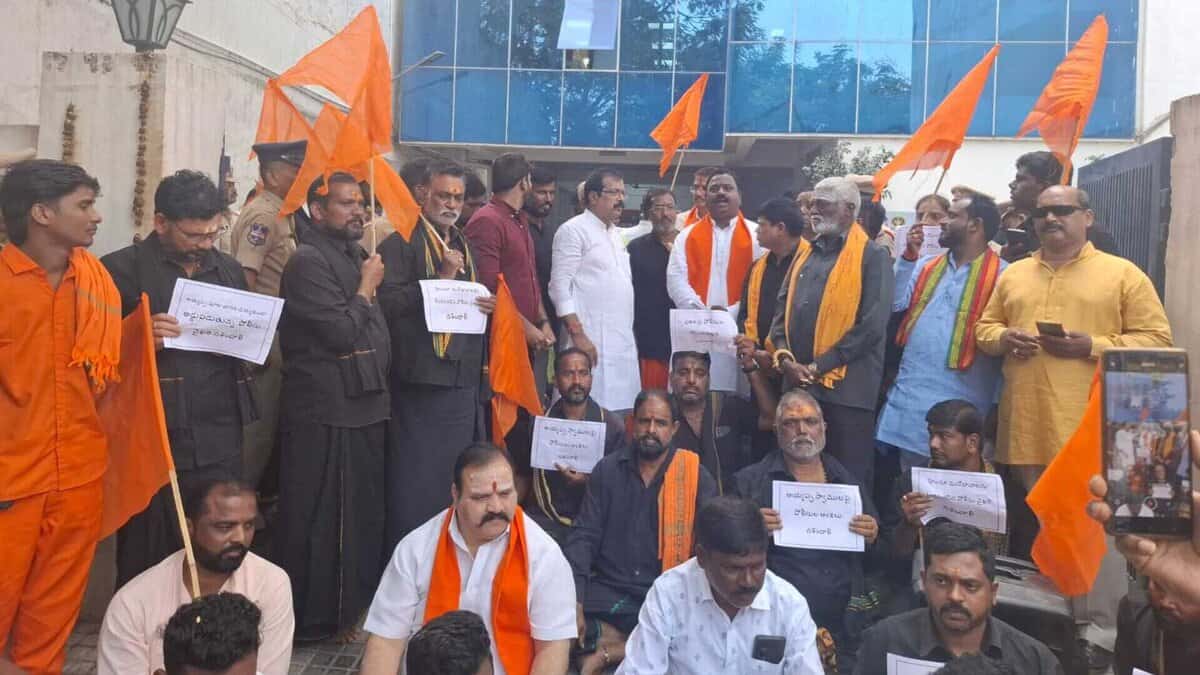In a major electoral change, the UK government is set to reduce the voting age from 18 to 16 by the next general election. The Labour government announced the decision to alter the voting age on Thursday (17th July).
Justifying his government’s decision, UK Prime Minister Keir Starmer said that many 16 and 17-year-olds work and pay taxes, and therefore, they should have a say in how their tax money is spent.
UK Lowers Voting Age to 16
PM Keir Starmer announces voting age will drop from 18 to 16 for all UK elections
Says 16-year-olds earn, pay taxes, and deserve a voice in democracy pic.twitter.com/grN81EAkQ7
— Nabila Jamal (@nabilajamal_) July 17, 2025
“Today, we’re delivering on our promise to give 16 and 17-year-olds the right to vote. Young people already contribute to society by working, paying taxes and serving in the military. It’s only right that they can have a say on the issues that affect them,” UK’s Deputy Prime Minister Angela Rayner wrote on X.
Today we’re delivering on our promise to give 16 and 17 year olds the right to vote.
Young people already contribute to society by working, paying taxes and serving in the military. It's only right they can have a say on the issues that affect them. #VotesAt16
— Angela Rayner (@AngelaRayner) July 17, 2025
The decision will lower the voting age across the UK to 16. Scotland and Wales have already lowered the voting age for local-level elections. With the decision, the Labour Party government will be fulfilling a promise in the Labour Manifesto. Once the voting age is lowered to 16, the UK will join the league of countries like Austria, Brazil, and Scotland, which allow their respective citizens aged 16 and above to vote in the national and local elections.The UK government is also reportedly taking steps towards automatic voter registration to reduce the need to repeatedly fill out voter details across different government services.
“For too long, public trust in our democracy has been damaged and faith in our institutions has been allowed to decline. We are taking action to break down barriers to participation that will ensure more people have the opportunity to engage in UK democracy, supporting our plan for change, and delivering on our manifesto commitment to give 16-year-olds the right to vote,” Rayner said. “We cannot take our democracy for granted, and by protecting our elections from abuse and boosting participation, we will strengthen the foundations of our society for the future,” she added.
The government will also tighten its noose around foreign money being used to influence elections in the UK. It aims to crack down on shell companies and illegitimate political donations. Before receiving donations from companies, Political parties will have to assess them against a series of tests to prove their connection to the UK or Ireland. The companies will be required to prove that they are generating income in these countries. In case of any violation of rules, including false or misleading declarations, hefty fines up to £500,000 will be imposed.
As per the existing rules, any UK company can make political donations regardless of when it was established, where it earns money, or who its owners are. This will no longer be the case. The Election Commission will guide on how the assessment of these companies will be done. The government is also planning to protect election candidates against intimidation, harassment and abuse by eliminating the requirement to publish their home addresses on their election material. Those found intimidating or abusing a candidate will be barred from contesting elections in future.
Many other countries, including Nicaragua, Isle of Man, Guernsey, Ethiopia, Ecuador, and Cuba allow their citizens aged 16 and above to vote in elections. Similarly, in Sudan, South Sudan, North Korea, Indonesia, Greece, and East Timor, the voting age is 17 and above. In Indonesia, a citizen is allowed to vote at 17 but a married individual is allowed to vote regardless of age.
















































